
At the Conference, ASEAN Leaders emphasized that Japan is one of ASEAN's oldest and most trusted partners, highly appreciating the extensive and dynamic cooperation between the two sides, and becoming a model of a comprehensive and mutually beneficial strategic partnership in the region. In fact, to date, ASEAN and Japan have implemented 108 out of 130 lines of action to implement the ASEAN-Japan Joint Vision on Trust, Friendship and Cooperation.
Japan is also currently ASEAN's fourth largest trading partner and fifth largest foreign direct investor, with two-way trade reaching US$236.6 billion in 2024 and total investment capital reaching US$17.5 billion. In particular, Japan's initiatives to strengthen cooperation in the region and with ASEAN, including the Co-creation Initiative, the Asian Net Zero Emission Community (AZEC), and the Asian Energy Transition (AETI), are bringing concrete benefits to people in both regions.
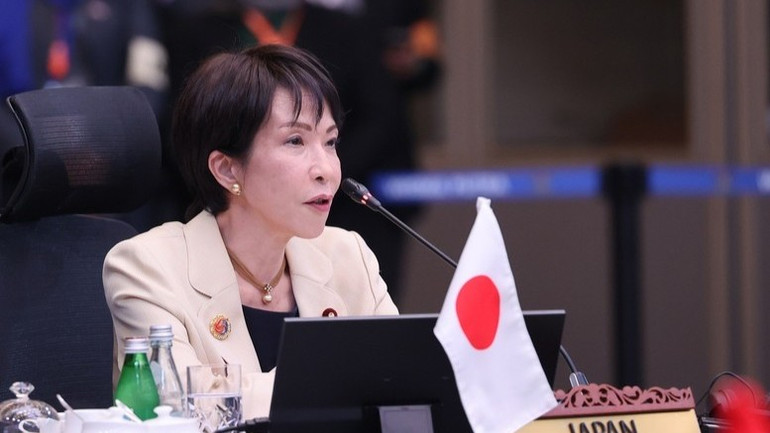
The ASEAN Leaders and the Japanese Prime Minister shared that there is still much potential for cooperation between the two sides, and affirmed their commitment to further deepening the ASEAN-Japan Comprehensive Strategic Partnership. Specifically, in the coming time, ASEAN and Japan will prioritize promoting cooperation in digital transformation, innovation, clean energy, education, healthcare, cyber security, climate change response, food security, sustainable agriculture , etc., in which they will make full use of the ASEAN-Japan Cooperation Fund (JAIF 3.0) to support project implementation.
ASEAN countries also hope to work with Japan to soon upgrade the ASEAN-Japan Comprehensive Economic Partnership (AJCEP) Agreement and effectively implement the Regional Comprehensive Economic Partnership (RCEP).
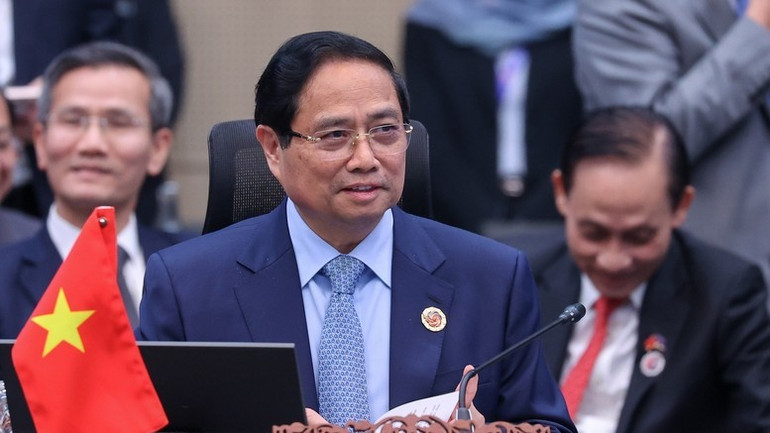
At the same time, ASEAN countries also requested Japan to support ASEAN in implementing the Digital Economy Framework Agreement (DEFA), realizing the ASEAN Power Grid (APG), effectively operating the ASEAN Centre for Public Health Emergencies and Emerging Diseases (ACPHEED), the Regional Medical Supplies Warehouse, the Work Plan on the Initiative for ASEAN Integration (IAI) Phase 5 (2026-2030) as well as sub-regional cooperation and narrowing the development gap within ASEAN.
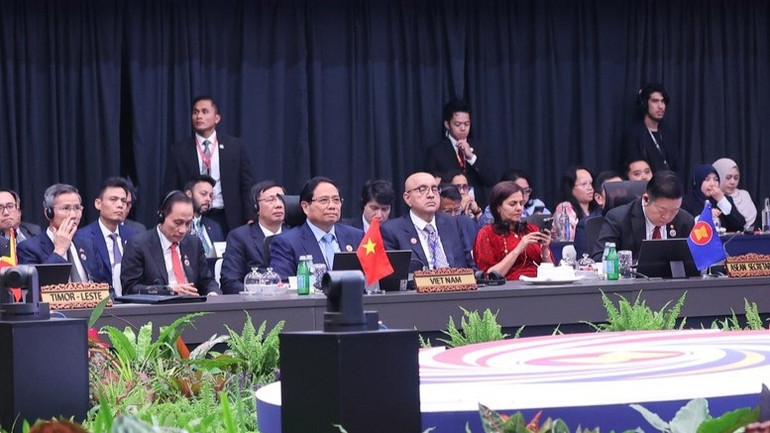
Discussing the world and regional situation, ASEAN and Japanese leaders emphasized compliance with international law, supported the multilateral trading system based on rules; affirmed the importance of promoting dialogue, cooperation, building trust, resolving disputes by peaceful means, on the basis of international law, contributing to maintaining an environment of peace, security and stability in the region.
In her speech, Japanese Prime Minister Takaichi Sanae was delighted to meet ASEAN leaders on her first visit as Prime Minister. She affirmed that Japan was the first country to support and will continue to support the ASEAN Indo-Pacific Outlook (AIOP), linking Japan's major cooperation strategies and programs with the ASEAN Community Vision 2045, and committed to working with ASEAN to continue promoting the pillars of cooperation between ASEAN and Japan on peace and stability, socio-economic co-creation for the future, and heart-to-heart partnership for future generations.
The Japanese Prime Minister also proposed further promoting specific areas of cooperation such as maritime security, cyber security, transnational crime prevention, building a secure, safe and reliable artificial intelligence ecosystem, natural disaster prevention, education and training, etc.
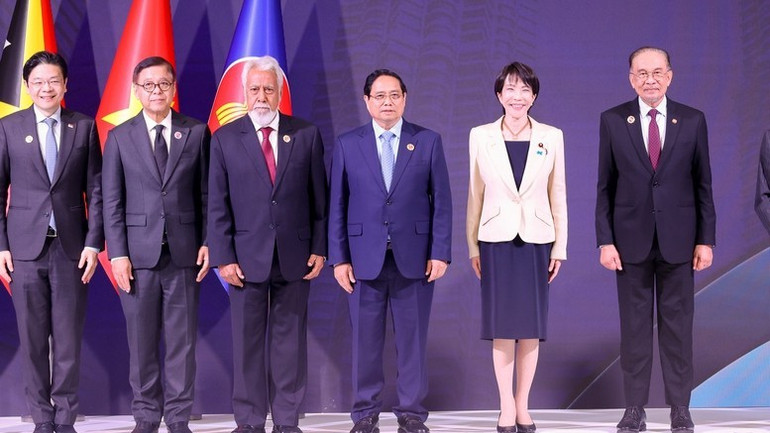
Speaking at the Conference, Prime Minister Pham Minh Chinh and other ASEAN leaders congratulated Prime Minister Takaichi Sanae, Japan's first female Prime Minister, and affirmed that they will closely cooperate with her to promote common priorities. The Prime Minister also affirmed that after more than 50 years of establishing relations, ASEAN and Japan have become sincere and trustworthy partners, sharing many common interests and goals for an open, inclusive, rules-based and ASEAN-centered regional structure.
The Prime Minister emphasized that in the context of the rapidly evolving and complex global and regional situation, the ASEAN-Japan Comprehensive Strategic Partnership needs to transform strongly, “from heart to heart”, “from action to action”, “from emotion to effectiveness”. Accordingly, the Prime Minister proposed three cooperation focuses including: Promoting economic linkages towards green, inclusive and comprehensive transformation in the digital age, along with promptly upgrading the Free Trade Agreement, prioritizing cooperation on digital economy, green economy, sustainable supply chains, promptly completing the General Aviation Agreement; promoting cooperation in education, training, healthcare, science and technology development and environmental protection to narrow the development gap, especially in training high-quality human resources, applying digital technology, artificial intelligence, as well as improving preventive medicine capacity, disease warning and response; at the same time, it is necessary to promote cultural exchanges imbued with national identity between ASEAN and Japan.
The Prime Minister also proposed that Japan increase technology transfer and human resource training on nuclear power and nuclear safety for ASEAN countries; and cooperate in maintaining regional peace, security and stability, including peacefully resolving disputes, including maritime disputes, in accordance with international law and the 1982 UNCLOS, for a prosperous, safe and sustainable future in the region.
The Prime Minister affirmed that ASEAN is ready to play a constructive role in facilitating dialogue between relevant parties, including through ASEAN-led mechanisms, towards long-term peace and stability on the Korean Peninsula.
At the end of the Conference, ASEAN and Japanese Leaders adopted a Joint Statement on Promoting and Implementing the ASEAN Outlook on the Indo-Pacific (AOIP).
Source: https://nhandan.vn/thuc-day-cac-tru-cot-hop-tac-giua-asean-va-nhat-ban-dong-kien-tao-kinh-te-xa-hoi-cho-tuong-lai-post918189.html



![[Photo] Party Committees of Central Party agencies summarize the implementation of Resolution No. 18-NQ/TW and the direction of the Party Congress](https://vphoto.vietnam.vn/thumb/1200x675/vietnam/resource/IMAGE/2025/10/27/1761545645968_ndo_br_1-jpg.webp)


![[Photo] National Assembly Chairman Tran Thanh Man receives Chairman of the House of Representatives of Uzbekistan Nuriddin Ismoilov](https://vphoto.vietnam.vn/thumb/1200x675/vietnam/resource/IMAGE/2025/10/27/1761542647910_bnd-2610-jpg.webp)

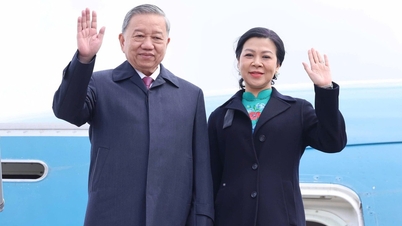

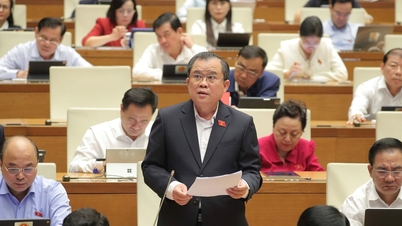

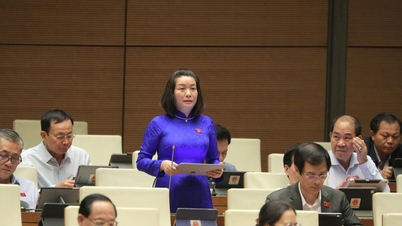

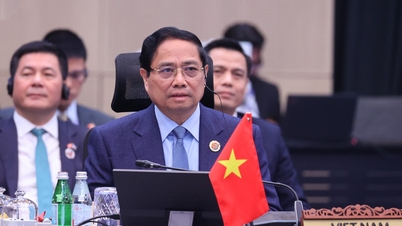






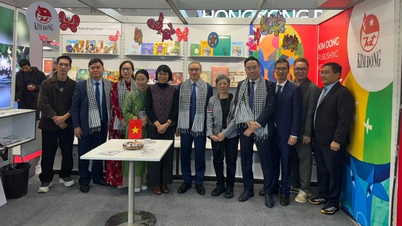
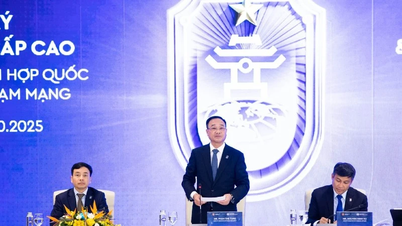
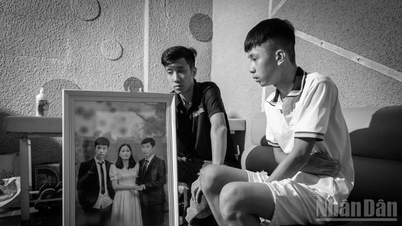
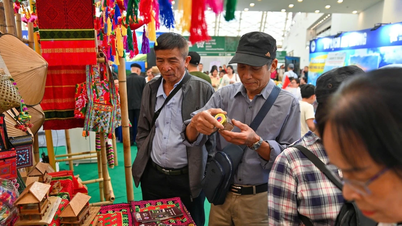
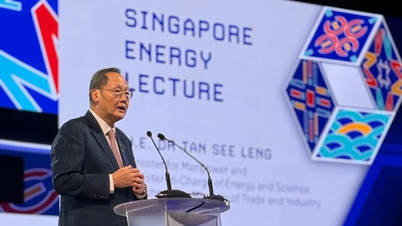
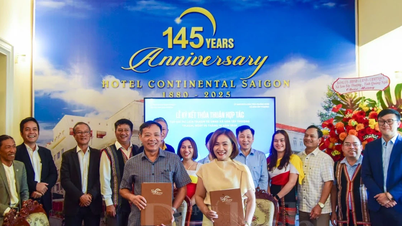





















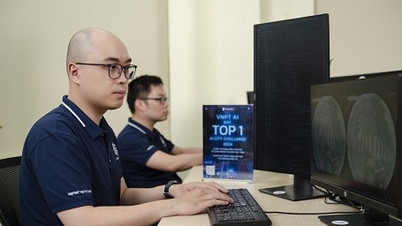






















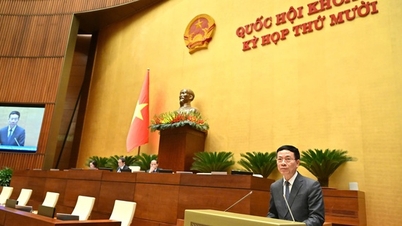



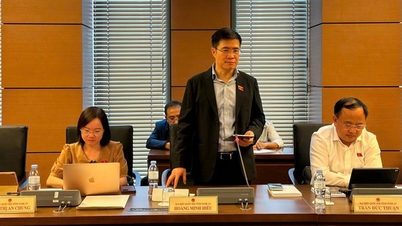
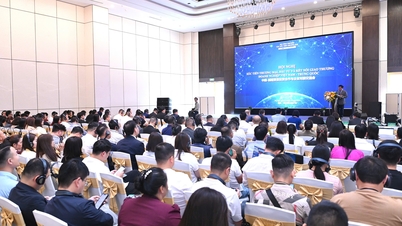

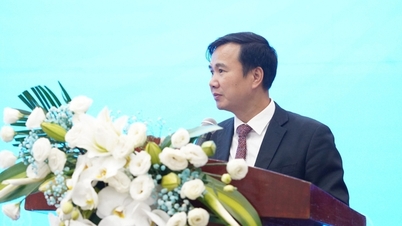
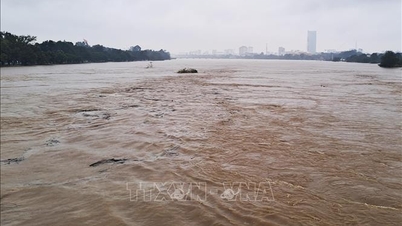

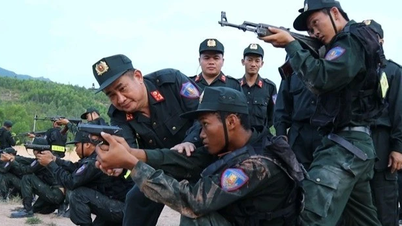

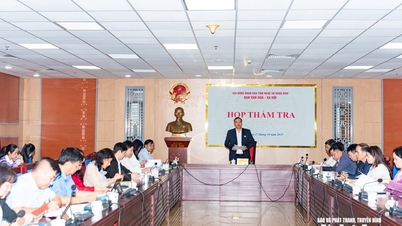

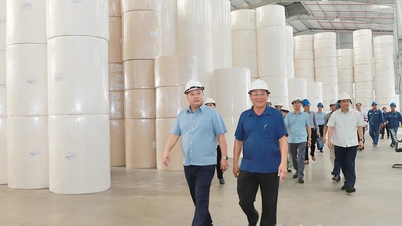

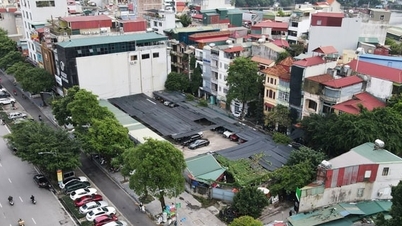

















Comment (0)